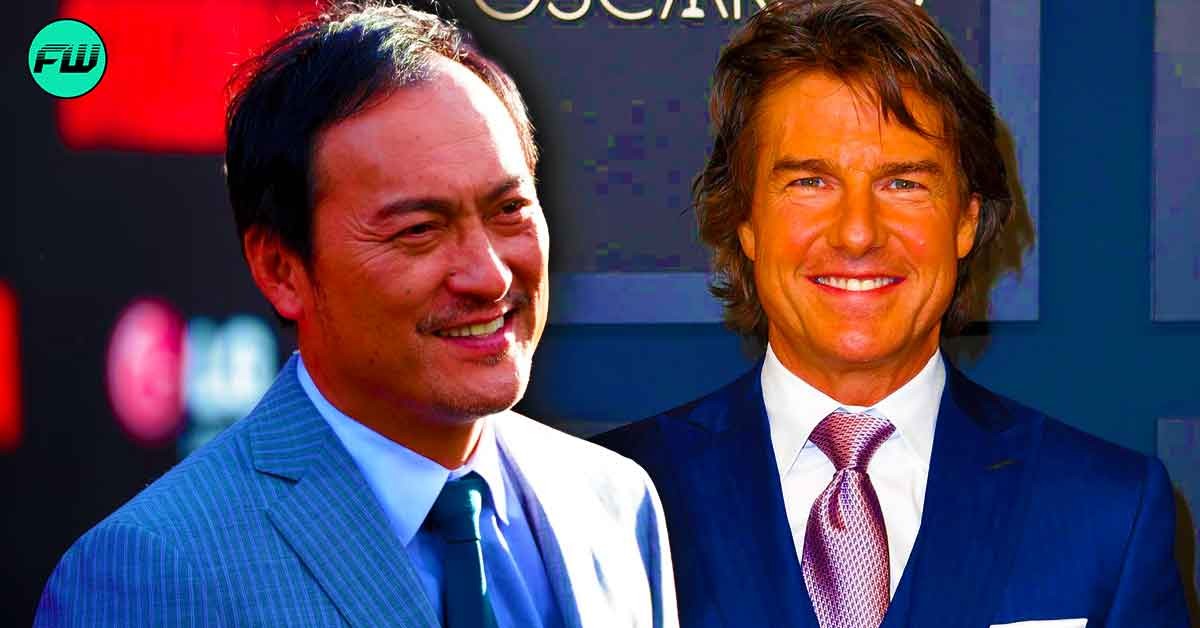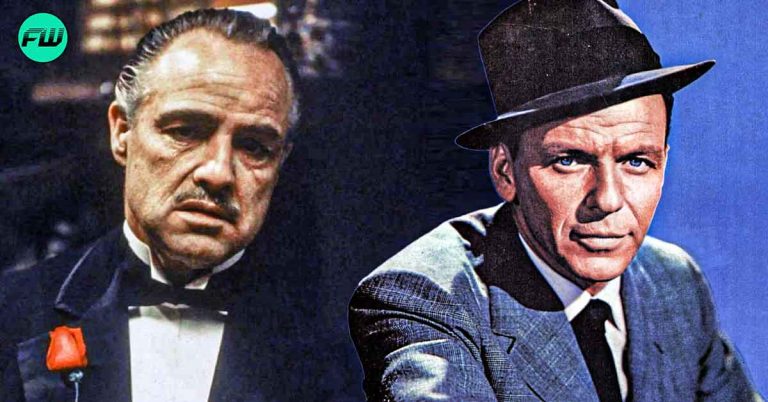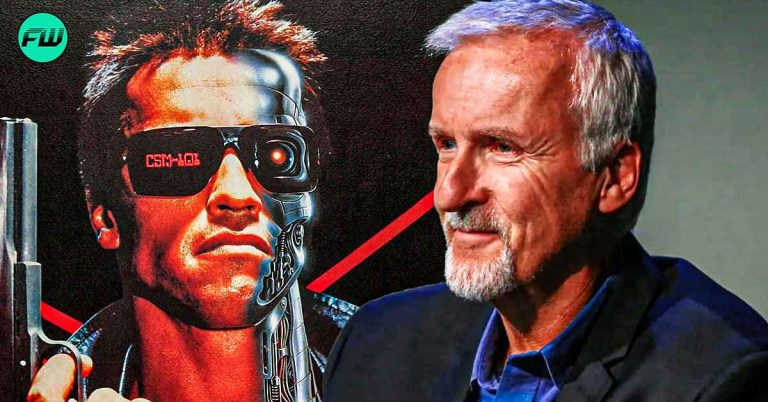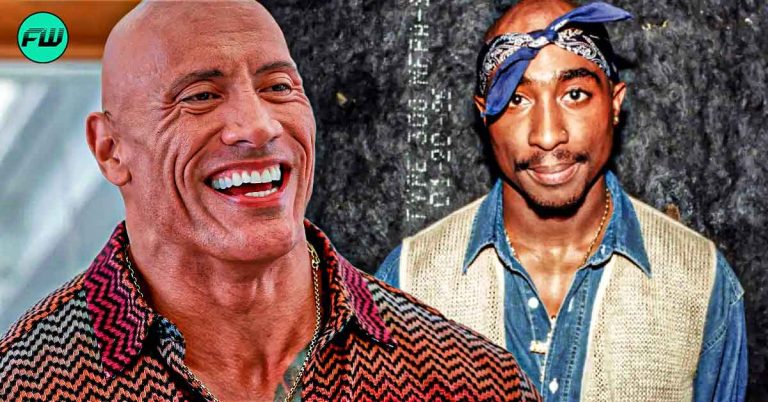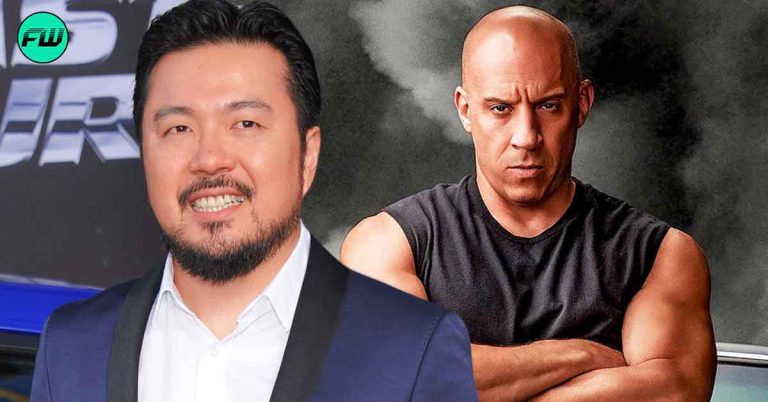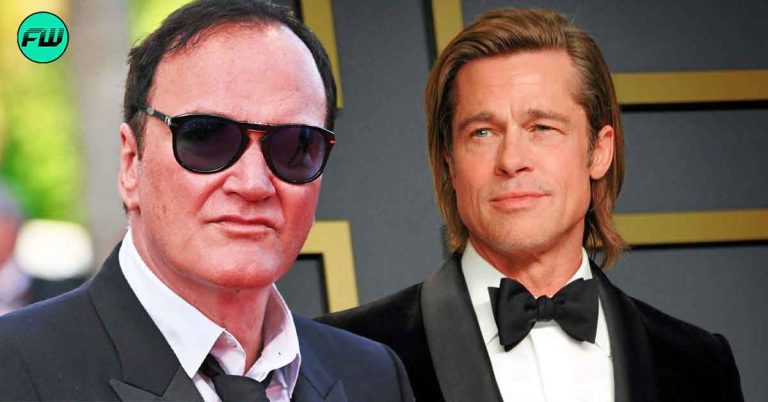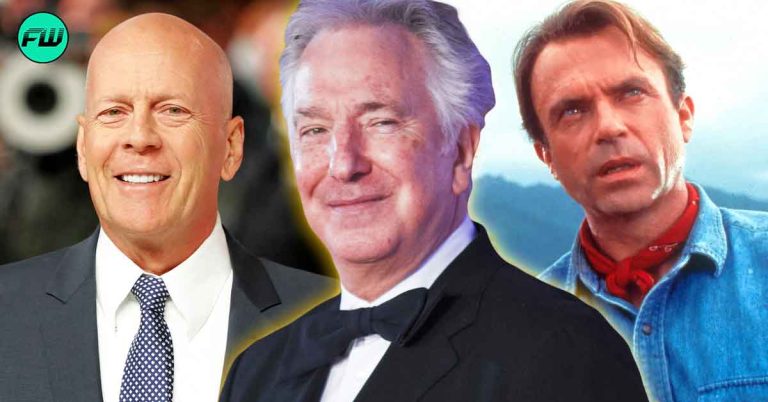Many films have come under fire for casting well-known white actors in stories primarily taking place in Asian or African settings. The Last Samurai, starring Tom Cruise, has also drawn a fair amount of criticism for a variety of reasons.
The most notable criticism of which is that this 2003 action drama film allegedly adhered to the ‘white savior’ trope. Even though the movie received positive reviews and several Oscar nominations, severe whitewashing accusations occurred. Ken Watanabe, Cruise’s co-star in this film, is one individual who is not entirely in agreement with the criticism.
In an interview, Watanabe, who was nominated for an Academy Award for his supporting performance in the film, defended the ‘white savior’ criticism of the Top Gun actor’s role.
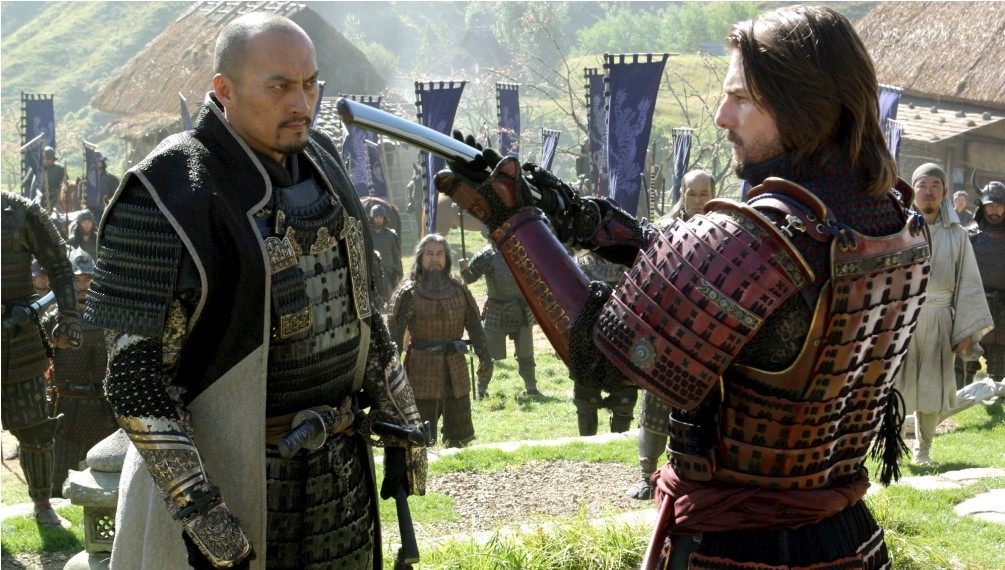
Moreover, according to the Inception actor, the 2003 film gave Asian characters a crucial opportunity to be depicted in a way that broke with decades of racial stereotyping.
Ken Watanabe Defended Tom Cruise After Whitewashing Accusations
After criticism regarding whitewashing accusations, Ken Watanabe defended The Last Samurai’s co-star, Tom Cruise.
Well, note that critics praised The Last Samurai when it first came out, and Watanabe received nominations for Best Supporting Actor. However, in later years, the movie has come under fire for its romanticization of Japanese and samurai culture, ignoring significant Meiji Restoration elements, and adherence to the white savior trope.
The 63-year-old Japanese actor reflected on the film’s backlash in an interview with The Guardian.
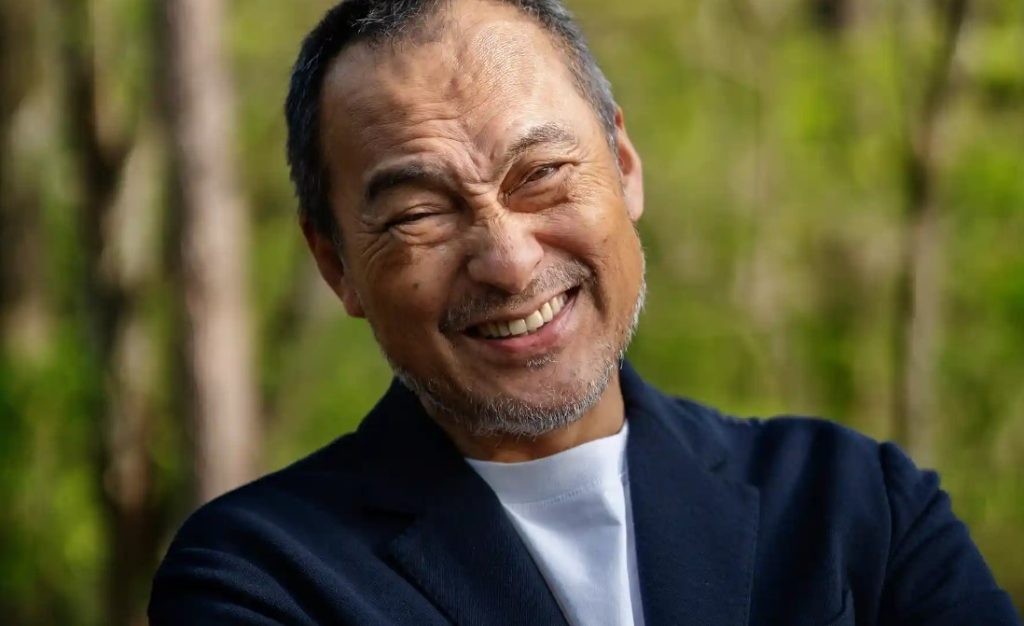
He argued against The Last Samurai‘s alleged use of the white savior trope, and in favor of the movie. The actor, on the other hand, believed that the film represents an improvement over a decade of overtly racist portrayals in Hollywood’s treatment of Asians on screen. To quote him:
“I didn’t think of it like that. I just thought we had the opportunity to depict Japan in a way that we were never able to before. So we thought we were making something special. […] Before The Last Samurai, there was this stereotype of Asian people with glasses, bucked teeth, and a camera.”
Hollywood Struggles To Please Everyone With Their Approach To Diversity
When The Last Samurai was released, there were more calls for all minorities to be represented in movie roles. Moreover, there has been a constant struggle in Hollywood to strike the right chord and satisfy everyone.
Ken Watanabe also emphasized that The Last Samurai changed the narrative surrounding how Asians are portrayed in movies by shattering stereotypes imposed by roles like Mickey Rooney’s portrayal of Mr. Yunioshi (in the 1961 classic Breakfast at Tiffany’s). He stated:
“There was this stereotype of Asian people with glasses, bucked teeth, and a camera. It was stupid, but after [‘The Last Samurai’] came out, Hollywood tried to be more authentic when it came to Asian stories.”
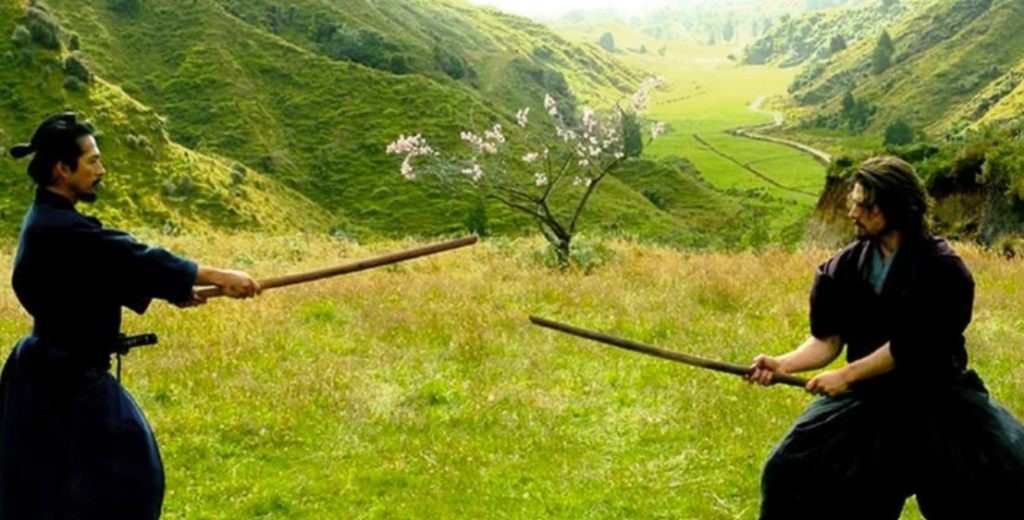
Thus, now, actors from Asia are playing more leading roles than ever before. The Last Samurai still represents a significant turning point in the development we are currently experiencing. With the success of Squid Game on Netflix and Shang-Chi and the Legend of the Ten Rings by Marvel, there have been changes in the way that Asian characters are now represented in prominent roles.
Well, Ken Watanabe is also known for playing supporting roles in high-profile blockbusters like Batman Begins, Inception, and Tokyo Vice.
The Last Samurai is currently streaming on Amazon Prime Video.
Source- The Guardian

